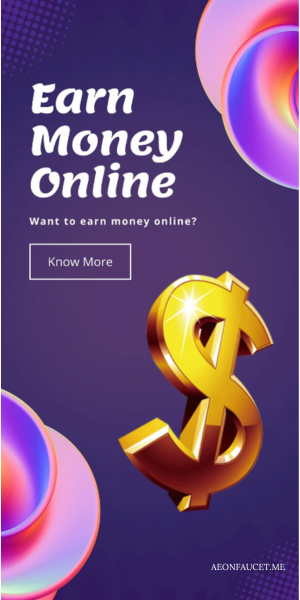Social media has become an integral part of modern life, influencing how we communicate, learn, and entertain ourselves. Platforms like Facebook, Twitter, Instagram, and TikTok have transformed the way we connect with each other and the world. While social media offers numerous benefits, it also presents several challenges and drawbacks. In this article, we will explore the pros and cons of social media today, providing a balanced perspective on its impact.
Pros of social media
1. Connectivity and Communication:
Social media has revolutionised the way we communicate, breaking down geographical barriers and enabling instant connections with people around the globe. This enhanced connectivity fosters relationships, keeps families and friends in touch, and facilitates networking opportunities for personal and professional growth.
2. Access to Information and Education:
Platforms like Twitter, LinkedIn, and YouTube serve as valuable sources of information and learning. Users can access news updates, educational content, and expert opinions on various topics. This democratisation of knowledge allows people to stay informed and acquire new skills from the comfort of their homes.
3. Business Opportunities:
Social media offers businesses a cost-effective way to reach a broader audience and engage with customers. Companies can use platforms like Instagram and Facebook for marketing, brand building, and customer service. Social media advertising allows for targeted campaigns, improving the chances of reaching potential customers.
4. Community Building:
Social media fosters the creation of communities based on shared interests, hobbies, and causes. These online communities provide support, advice, and a sense of belonging to individuals who might feel isolated in their offline lives. Groups on platforms like Reddit and Facebook allow people to connect with others who share similar passions or challenges.
5. Creative Expression:
Platforms like TikTok, Instagram, and YouTube have democratised content creation, allowing anyone with a smartphone to showcase their talents. Artists, musicians, writers, and other creatives can share their work with a global audience, gaining recognition and potentially turning their passions into careers.
6. Social and Political Awareness:
Social media has become a powerful tool for raising awareness about social and political issues. Movements like #BlackLivesMatter and #MeToo have gained momentum through social media, mobilising people and driving change. Platforms enable activists to share information, organise events, and advocate for justice and equality.
Cons of Social Media
1. Privacy Concerns:
One of the most significant drawbacks of social media is the potential invasion of privacy. Users often share personal information without fully understanding the implications. Data breaches and misuse of personal data by companies have raised concerns about how securely our information is being handled.
2. Mental Health Issues:
Excessive use of social media can negatively impact mental health. Constant exposure to idealised images and lifestyles can lead to feelings of inadequacy, anxiety, and depression. Cyberbullying and online harassment are also prevalent issues that can cause significant emotional distress.
3. Spread of Misinformation:
Social media platforms can be breeding grounds for misinformation and fake news. The rapid spread of false information can lead to misunderstandings, fear, and even real-world consequences. Despite efforts to combat misinformation, it remains a persistent problem on social media.
4. Addiction and Time Consumption:
The addictive nature of social media can lead to excessive screen time, which can interfere with daily activities, productivity, and sleep. The constant need for validation through likes, comments, and shares can create a dependency that distracts from real-life interactions and responsibilities.
5. Impact on Relationships:
While social media can connect people, it can also strain relationships. Overuse of social media can lead to neglect of face-to-face interactions, causing feelings of loneliness and isolation. Additionally, the public nature of social media can create conflicts and misunderstandings within personal relationships.
6. Echo Chambers and Polarisation:
Social media algorithms often show users content that aligns with their existing beliefs and interests. This can create echo chambers where individuals are exposed only to information that reinforces their viewpoints. Such environments can contribute to political and social polarisation, reducing opportunities for constructive dialogue.
Conclusion
Social media is a double-edged sword, offering both significant advantages and notable disadvantages. Its ability to connect people, spread information, and foster creativity is invaluable in today's digital age. However, the challenges it presents, including privacy concerns, mental health issues, and the spread of misinformation, cannot be ignored.
To maximise the benefits of social media while minimising its drawbacks, users must approach it with awareness and responsibility. Practicing digital literacy, setting healthy boundaries, and critically evaluating the information encountered online are essential steps towards a balanced and positive social media experience. By harnessing the power of social media wisely, we can continue to enjoy its benefits while mitigating its potential harm.





You must be logged in to post a comment.